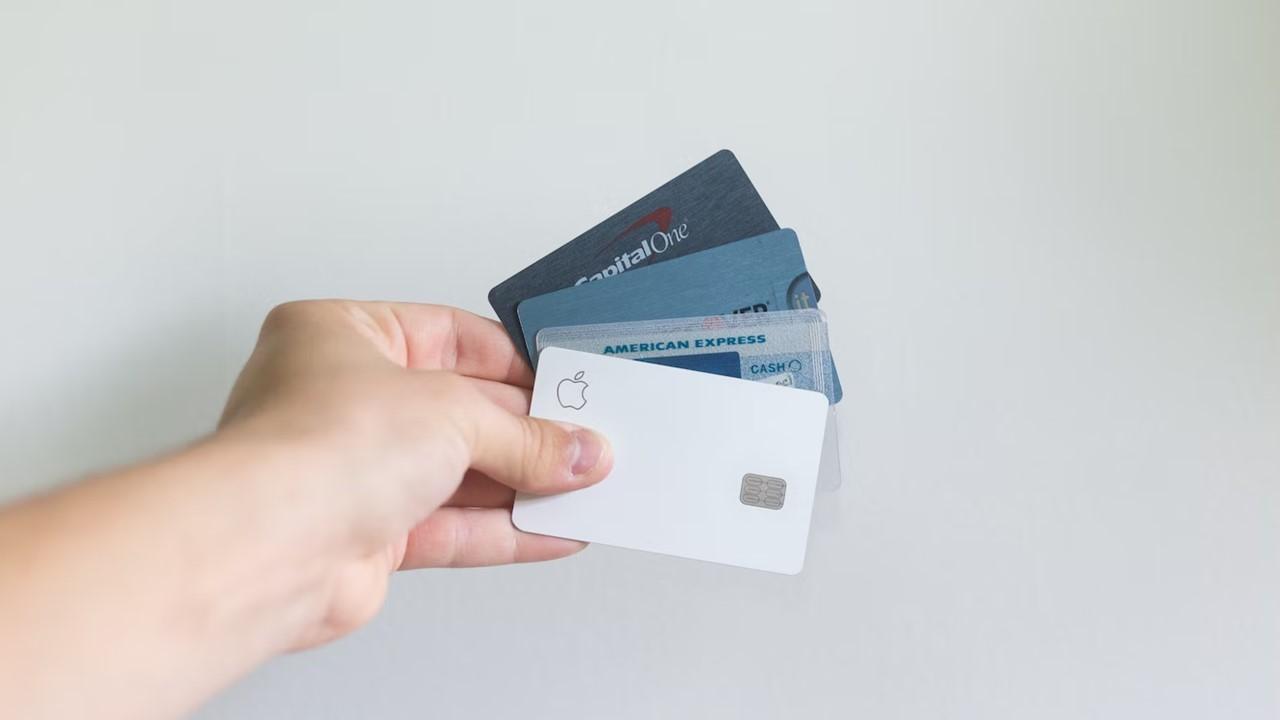Credit Card Debt Doesn't Go Away on Its Own — Even After You Die
Amid rising inflation, many people are using credit cards to cover expenses. But what happens to credit card debt after you die? Does it go away?
Dec. 14 2022, Published 12:39 p.m. ET

When you think about using credit cards, do you consider what might happen if you died while carrying credit card debt? Not everyone thinks of that possibility, but it’s important to know how to manage your assets and debts in your estate plan in order to avoid burdening your loved ones. So, what happens to credit card debt after you die? Keep reading to find out!
Credit card debt is often a heavy burden, and many Americans are currently relying on credit cards to get them through tough times. With sky-high inflation making everything more expensive, credit card balances have risen 15 percent in the most recent quarter, bringing the total credit card debt nationwide to $930 billion, CNBC reported.
Does credit card debt get forgiven at death?

Plenty of people use credit cards to earn rewards and sign-on bonuses. But if you don’t pay off your balance every month in full, you run the risk of paying exorbitant interest charges. Let's see what happens to your credit card debt after you die.
As far as whether credit card debt is forgiven upon death, the short answer is no. Your credit card debt doesn’t die with you, unfortunately — it must be paid out of the assets of the deceased.
There are a couple of key things to know about your credit cards and other debts. If you’re a joint account holder, you may have to pay the card balance after your spouse or co-borrower dies. As Experian explains, joint account holders are “equally responsible for paying the credit card balance.”

Do I have to pay my deceased spouse's credit card debt?
If your spouse dies and leaves credit card debt, you may be responsible for paying off the balance. This can happen through the assets in the deceased person’s estate, which reduces any payouts to beneficiaries. If there aren’t enough assets to cover the debt, there are a few possible consequences.
As Experian notes, unless you’re the primary account holder, you won’t have to pay off credit card debt after the primary person dies. Even if you’re an authorized user, you shouldn’t have to pay off that debt.
An exception to this rule is if you live in a community property state. In Arizona, California, Idaho, Louisiana, Nevada, New Mexico, Texas, Washington, and Wisconsin, you may have to pay off credit card debt of a deceased spouse. Alaska may also do the same.
How should you handle credit card debt after a cardholder dies?
If your loved one died and left credit card debt, you should follow a few steps to protect yourself. One key factor is that if you’re an authorized user (not a joint account holder), you should hold off on making payments. Experian says that could cause the card company to hold you liable for the entire balance.
Here are other steps to take:
If you’re an authorized user on cards, stop using those cards (to avoid committing fraud).
Ask for multiple copies of the death certificate, which you will need to send to credit card companies and other financial companies.
Make a list all of the deceased person's credit card accounts.
- Notify card companies of the death and request a credit freeze.
- For their sole accounts, ask to close the account. If you’re a joint cardholder, you may close it or keep it open in your name.
- Report the death to all three credit bureaus.
- Continue making payments on joint accounts.
What debt is forgiven when you die?
Most debts are paid by the deceased person’s estate, if there are assets available. Therefore, even if you don’t have to pay your loved one’s debts, any benefits set to go to you will be reduced by debt. However, federal student loans are discharged after submitting proof of the borrower’s death.
